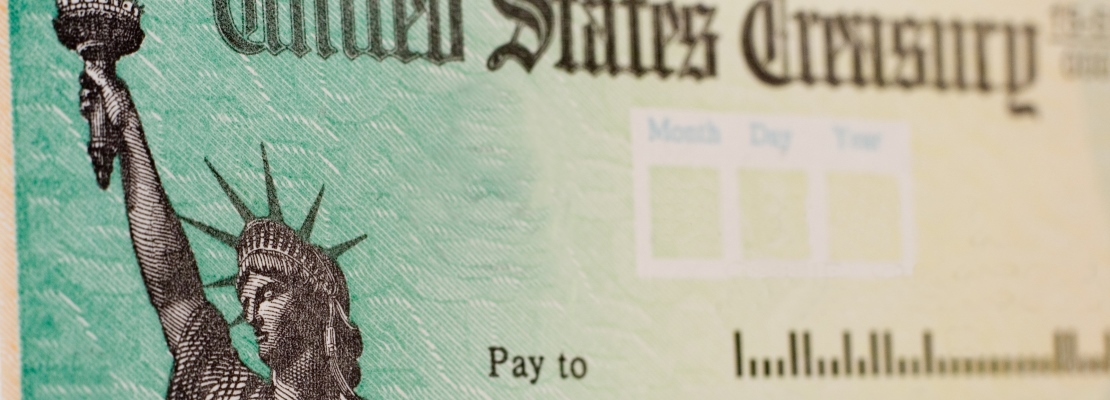This past March, U.S. government leaders passed legislation to send economic impact payments (through direct deposit to an account or by a paper check in the U.S. mail) to many Americans to help them pay expenses during the COVID-19 pandemic. On March 30, the U.S. Treasury Department and the Internal Revenue Service (IRS) provided more details on these payments, including information on who will receive them and how they will be distributed. Following are just some of the key points from the government announcement to keep in mind if you think that you may be receiving a payment in coming weeks; you may also visit the government website irs.gov for more detailed and current information:
Who will get a payment and how much will it be?
- Distribution of economic impact payments is expected to begin in the next several weeks and will be distributed automatically, with no action required for most people. The IRS will calculate and automatically send the economic impact payment to those eligible.
- Tax filers with adjusted gross income up to $75,000 for individuals and up to $150,000 for married couples filing joint returns will receive the full payment. For filers with income above those amounts, the payment amount will be reduced. Single filers with income exceeding $99,000 and $198,000 for joint filers with no children are not eligible.
- Eligible taxpayers who filed tax returns for either 2019 or 2018 will automatically receive an economic impact payment of up to $1,200 for individuals or $2,400 for married couples.
- Parents will receive an additional $500 for each qualifying child.
How will the payments be made?
- For people who have already filed their 2019 tax returns, the IRS will use this information to calculate the payment amount. For those who have not yet filed their return for 2019, the IRS will use information from their 2018 tax filing to calculate the payment. The economic impact payment will be deposited directly into the same banking account reflected on the filed return.
- If the IRS does not have your direct deposit information, then in coming weeks, the Treasury plans to develop an Internet-based portal for individuals to provide their banking information to the IRS online, so that individuals can receive payments immediately as instead of getting a check in the mail. This portal could also be used to check the status of your payment.
- People who usually do not file a tax return will need to file an abbreviated tax return (which is expected to be available soon from the IRS) to receive an economic impact payment. Social Security recipients who typically do not file a tax return will automatically get the $1,200 payment directly into their bank account (same account that is used for their social security benefits).
What can I do with the stimulus payment and what about taxes?
- You can pay expenses, which many people are expected to do.
- If you don't need the money right away, you might consider putting it into a Certificate of Deposit.
- Low-income taxpayers, senior citizens, some veterans and individuals with disabilities who are otherwise not required to file a tax return will not owe tax. Because the money is coming from the government, it is not considered taxable income and will not be liable for income taxes.
It is possible that the government may do more to help citizens besides these checks, but we'll have to wait to hear more from our leaders. Until then, please check the government website irs.gov for the latest information on the economic impact payments and related information.



